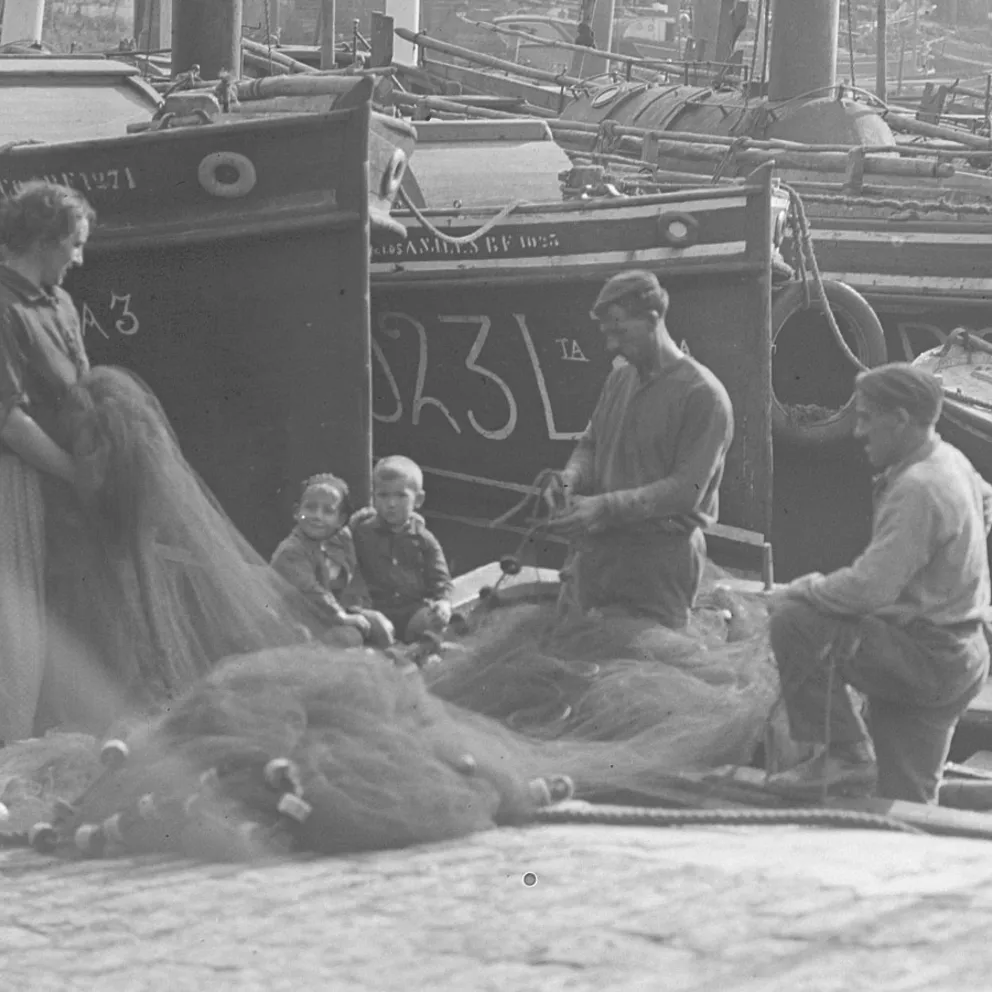Bermeo our origin
In 1890, our great-grandfather José Serrats settled in Bermeo, where we continue today, with the desire to preserve and bring to the most remote places the delicious freshness and flavor of products from the Cantabrian Sea.
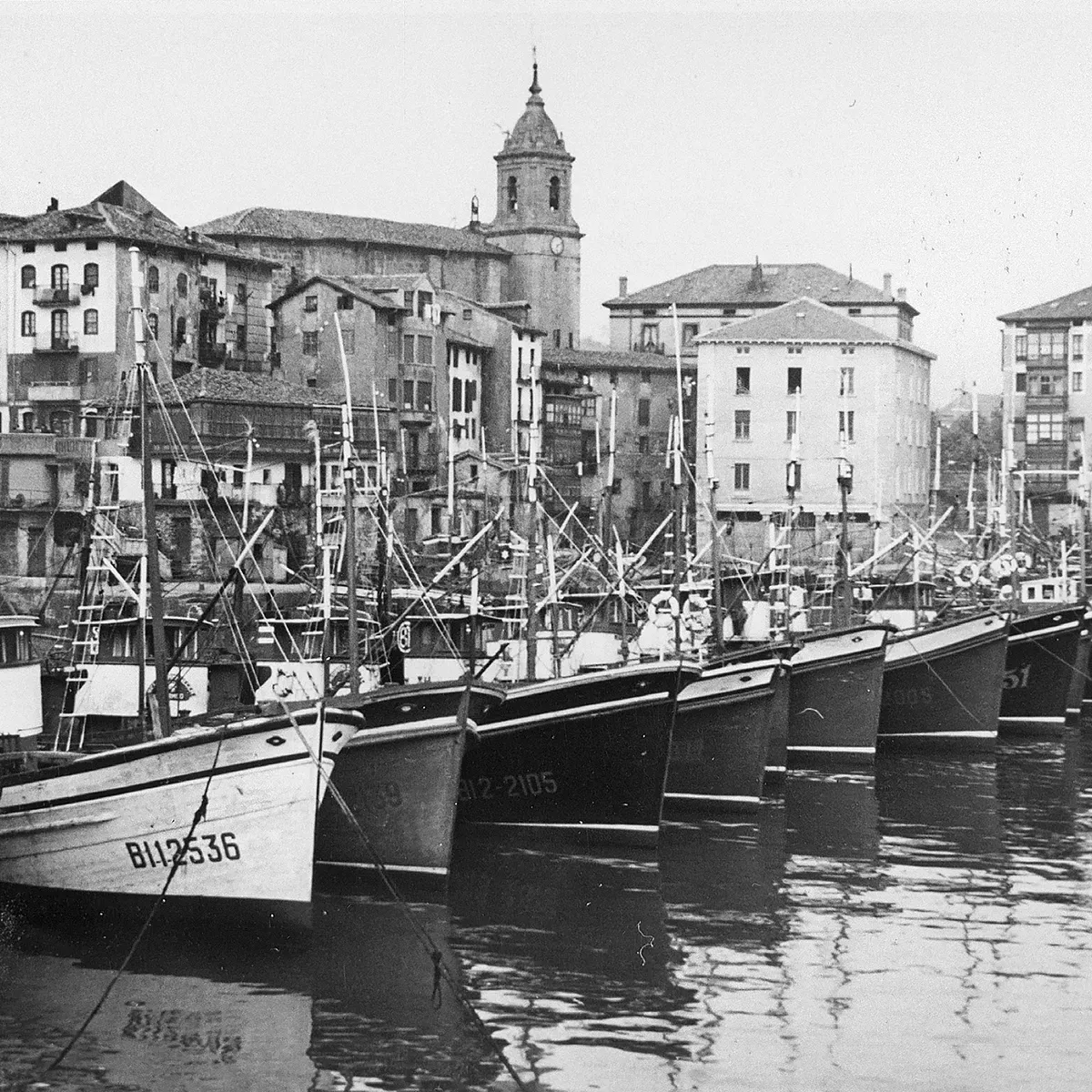
Bermeo is our home. It has around 17,000 inhabitants and is located on the coast of Bizkaia, within the Urdaibai biosphere reserve. It is one of the main fishing ports in the Basque Country, a town that has always been linked to the sea and fishing tradition.
Named “world capital of Tuna”, it is located on the slopes of Mount Sollube. Its coastline has abundant cliffs and rocks such as San Juan de Gaztelugatxe, one of the most magical and spectacular places on the Cantabrian coast. Alternatively, Cape Matxitxako, which is the most protruding part of the Basque Country towards the sea. A lighthouse that has guided thousands of ships throughout history.
It all started with José Serrats...
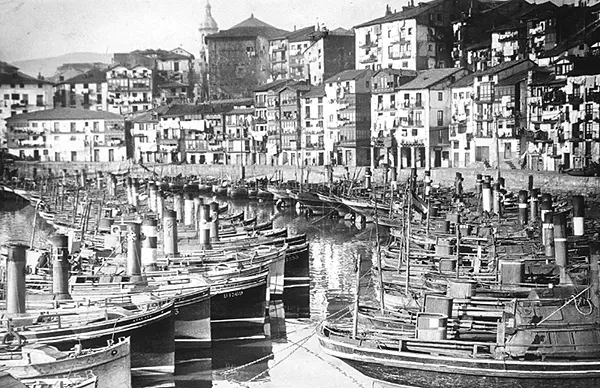
Local tradition of a territory.
Among the companies that today make up the Basque canning sector and that of Biscay in particular, perhaps the oldest is Conservas Serrats. José Serrats in 1890 founded it, a Catalan entrepreneur, who, obsessed with searching for the highest quality anchovies, settled near the port of Bermeo.
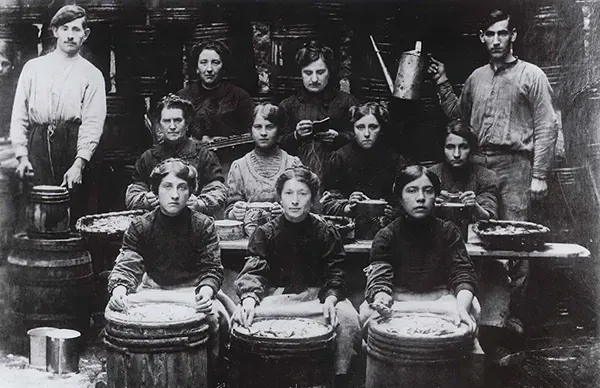
The beginnings of a passion.
Initially dedicated to salting and semi-preserving anchovies, we expanded our range with different fish, all of Cantabrian origin. We had establishments in Elantxobe (Vizcaya), Pasajes (Guipúzcoa), Asturias and Galicia, even a small fleet. Today we continue to be a family business that is dedicated to the production and marketing of our preserves at the Bermeo facilities.
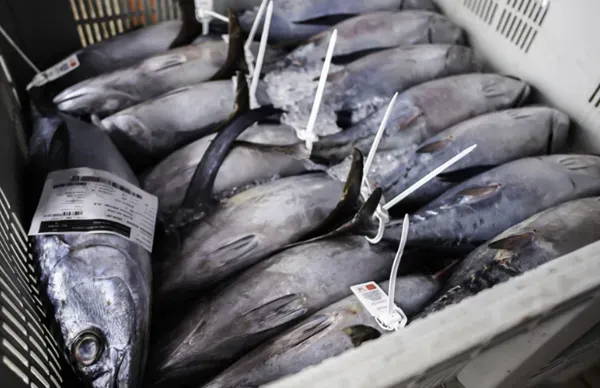
First exports to the international market.
Since the beginning of the 20th century, more than half of the production was destined for export under the commercial names of “Serrats” and “La Pescadora”. The markets were initially French and in 1914, we began exporting to the United States. Today we are present in more than 25 countries
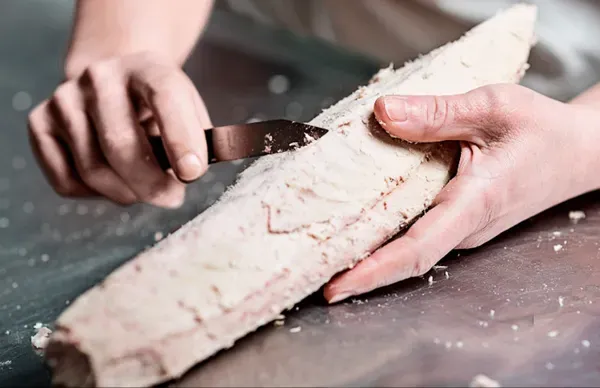
Evolution in techniques and product presentation.
The wooden barrel was the container used for salting and pickling fish. At the beginning of the 20th century, the Appert method of sterilization allowed us to incorporate airtight tin foil containers. Initially large cans and from the 1920s onwards, smaller cans. In the 80s, we were pioneers in using glass jars for canned Bonito.
